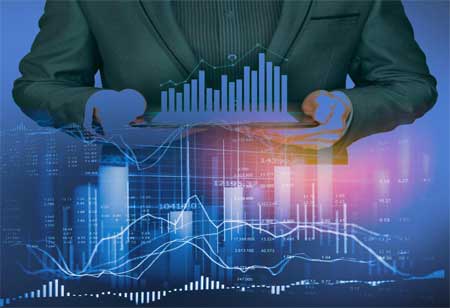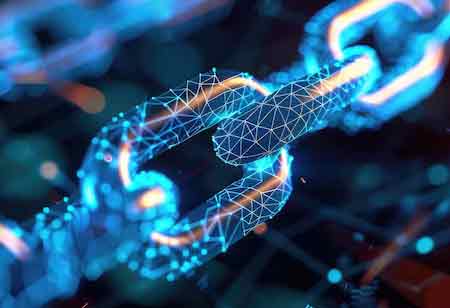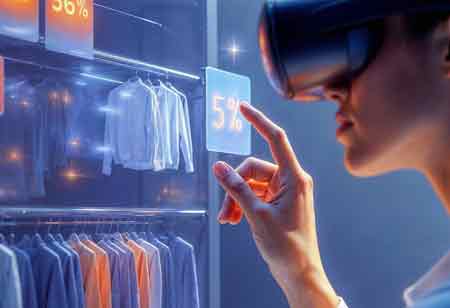THANK YOU FOR SUBSCRIBING
IoT To Accelerate Business and Consumer Synergy
The Internet of Things (IoT) holds an established connection to the internet with the induced capability of accurate collection and sharing of data about businesses and their surroundings.

By
Apac CIOOutlook | Monday, February 06, 2023
Stay ahead of the industry with exclusive feature stories on the top companies, expert insights and the latest news delivered straight to your inbox. Subscribe today.
As an interconnected device in gathering potential data, IoT opens up seamless opportunities for both businesses and consumers in varied sectors.
FREMONT, CA: The Internet of Things (IoT) holds an established connection to the internet with the induced capability of accurate collection and sharing of data about businesses and their surroundings. This proposed technology advancement enables efficient and acute utilisation of resources. As a result, IoT is all set to thrive exponentially within enterprises in the coming years. For instance, when a smart appliance breaks down, replacement parts can be gathered in real-time, while self-driving cars can optimise their routes effectively to avoid traffic congestion.
IoT, generally, is a system of devices and sensors for the efficient collection and sharing of data concerning an industry’s surroundings, enabling them to stay at the top of the competition table. Thus, leveraging IoT in organisations diminishes environmental impacts while improving sustainability via enhanced monitoring and management of enterprise resources. That is, deploying IoT-enabled devices facilitates efficient tracking of energy usage and identifies possible futures accordingly. An Internet of Things-enabled device has enhanced critical monitoring of environmental conditions, as well as the ability to identify potential areas for improving environmental stability.
These interconnected devices and sensors—the IoT—gather crucial data for an organisation according to the zone or sector it is related to. Thus, deploying the internet of devices in a process enables efficient and robust management of personal data, whether by an individual or an organisation and accordingly raises security measures. As a result, the global usage of IoT devices is anticipated to surpass 20.8 billion in the current scenario, with no signs of a slowdown in the future.
The Internet of Things is highly capable of enhancing communication and collaboration between devices, with a pilot goal of data collection and exchange between an organisation and an individual. As a result, acute decision-making and increased efficiency can be well noted in the IoT-involved procedure. One testament to this elevated efficacy is the automatic adjustment of temperatures within a connected thermostat, per the time of day and the occupants’ schedules.
IoT can radically be referred to as a network of physical devices, vehicles, home appliances, and several other items that are embedded with electronics, software, sensors, and connectivity to efficiently collect the needed information. Hence, leveraging the internet of things allows objects to be controlled remotely across existing network infrastructure, instigating critical opportunities for direct integration between the physical world and computer-based systems. This, in turn, offers an accelerated efficiency rate and accuracy while yielding acute economic benefits accordingly, aiding plausible opportunities for both businesses and consumers.





